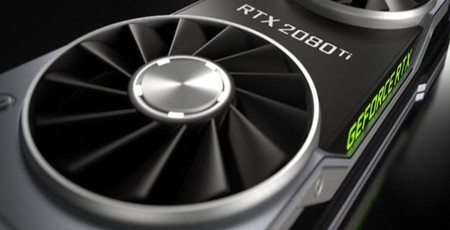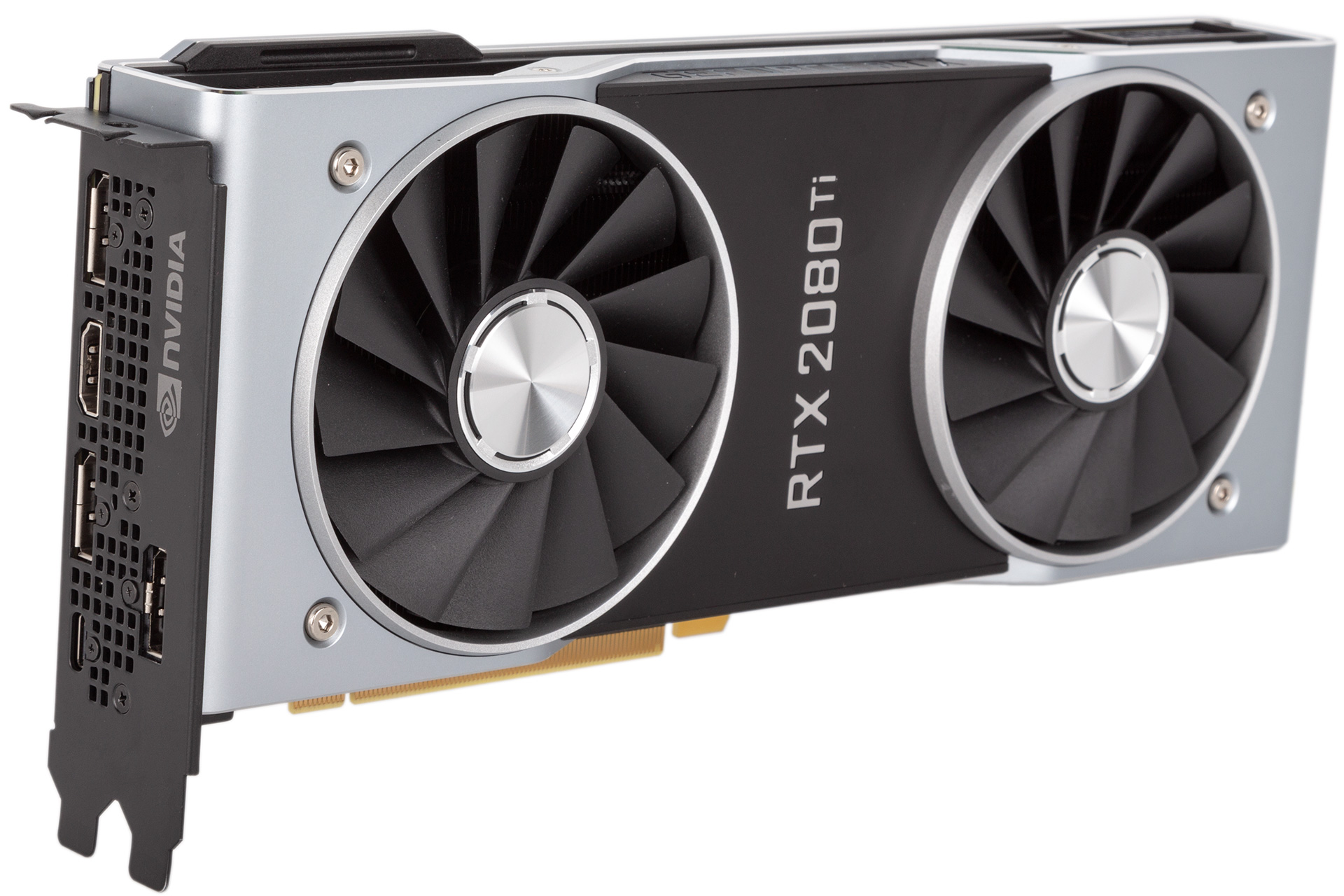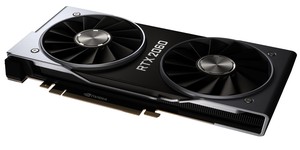
It's fair to say that there has been considerable online backlash against Nvidia's GeForce RTX series graphics cards. Their high price coupled with a lack of games that support ray tracing and/or Deep Learning Super Sampling (DLSS) means that the price hikes at face value compared to the previous generation seem rather unjustified.
It's true that the gains offered by the RTX 2080 Ti compared to the GTX 1080 Ti aren't as impressive as those of the latter over its predecessor and especially so when you look at their respective pricing. The GTX 1080 Ti cost £100-150 more than the GTX 980 Ti but offered a huge amount more performance, especially at higher resolutions. Fast forward to the RTX series and rather than bumping the price up another £150 to £850 from the £699 the GTX 1080 Ti cost at launch, Nvidia has added at least £350, bringing the top-tier card firmly into Titan territory with pricing now comfortably above £1,000, but this 50 percent price bump was met with only a 25 percent performance increase in our tests.
There's also the issue that the RTX series hasn't had much real-world fanfare in terms of playable games that use either ray tracing or DLSS. This has been immensely frustrating from a journalist's point of view too - we haven't been able to assess the merits of ray-traced visuals at all, and even DLSS has had only a minor outing thus far. It's therefore been hard to come to any conclusion other than something along the lines of 'wait and see'.

However, something that's concerned me has been the huge focus on frame rates; surely image quality should be just as important? It's true that we don't see that much progress these days compared to 10 years ago in the image quality stakes. Resolutions have certainly leaped up, but actual visual prowess and realism don't see the dramatic jumps they did a decade or more ago.
This got me thinking - the ray tracing demos certainly seemed to point to big improvements in just this very thing, with some very impressive lighting and reflections. Yet so many people were willing to shoot this aspect down or ignore it as they salivated over frame rates instead. It made me remember the first time I spent a silly amount of cash on a graphics card, which was back in the mid-2000s when I bought an Nvidia 6800GT. Sure, it was faster than the previous generation, but the main reason I bought it was for Shader Model 3.0 support, which brought with it more realistic effects most notably in water. As I was playing a couple of games at the time that had copious amounts of H20 and supported the new feature, this seemed like a good buy, and it was - those games weren't just faster but looked fantastic too.
It's a shame, then, that so much of the focus here seems to be with frame rates and prices and so little enthusiasm evident for what Nvidia promises to be much better-looking games. I can fully appreciate that the new cards are eye-wateringly expensive, but many seem to have dismissed the improved visuals and indeed the benefits of DLSS so quickly because of the prices that they've not stopped to think if there's actually anything worth getting excited about in terms of better-looking games. In fact, most of the comments in reviews and videos I've seen show a significant lack of understanding of many of the new features. The overriding attitude seems to be they're too expensive and therefore they're useless.
Admittedly, having practically zero titles out there right now that actually make use of ray tracing likely (definitely - ed.) adds to the negative feelings among enthusiasts; it's tricky to get excited about something when there's not much evidence for it. For this reason, I think Nvidia's launch was a little ahead of where it should have been to really inspire a positive reception to the RTX series. In the end, the seemingly perfect title to do this - Battlefield V - lacked support for RTX features in its recent beta and won't release properly until an entire three months after the RTX launch in August.
I do of course hope RTX prices will come down, and RTX-enabled titles can't come soon enough. My main point, though, is that it seems that a lot of gamers are obsessed only with frame rates and don't care much for improved visuals that have always been a defining feature of PC gaming.

MSI MPG Velox 100R Chassis Review
October 14 2021 | 15:04








Want to comment? Please log in.